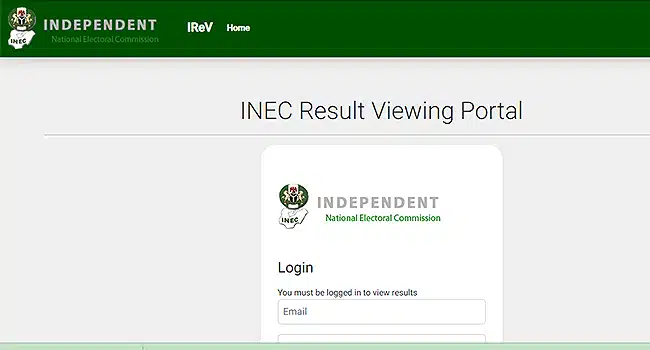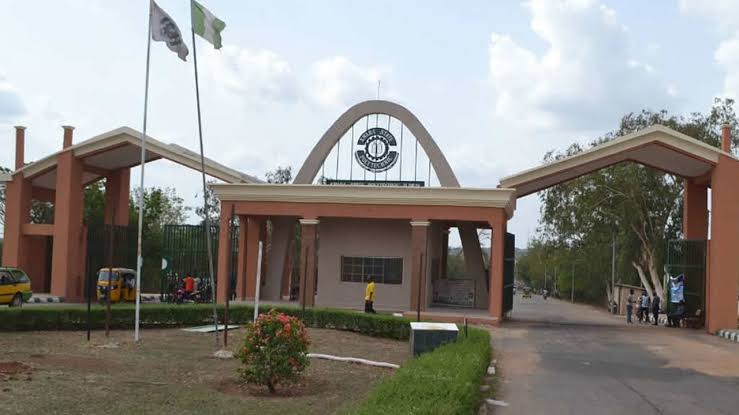
Page Not Found
The page you are looking for does not exist or has been moved.
Just In


The IREV Glitch Of 2023 Has Been Eliminated – INEC Chairman


Naijanews Yesterday 8:07 p.m.

Nine Iranian Naval Ships Sinked As US Attack Naval Headquarters


Naijanews Yesterday 8:07 p.m.

Kwara Govt Orders Reopening Of Polytechnic After Protest


Naijanews Yesterday 8:06 p.m.
